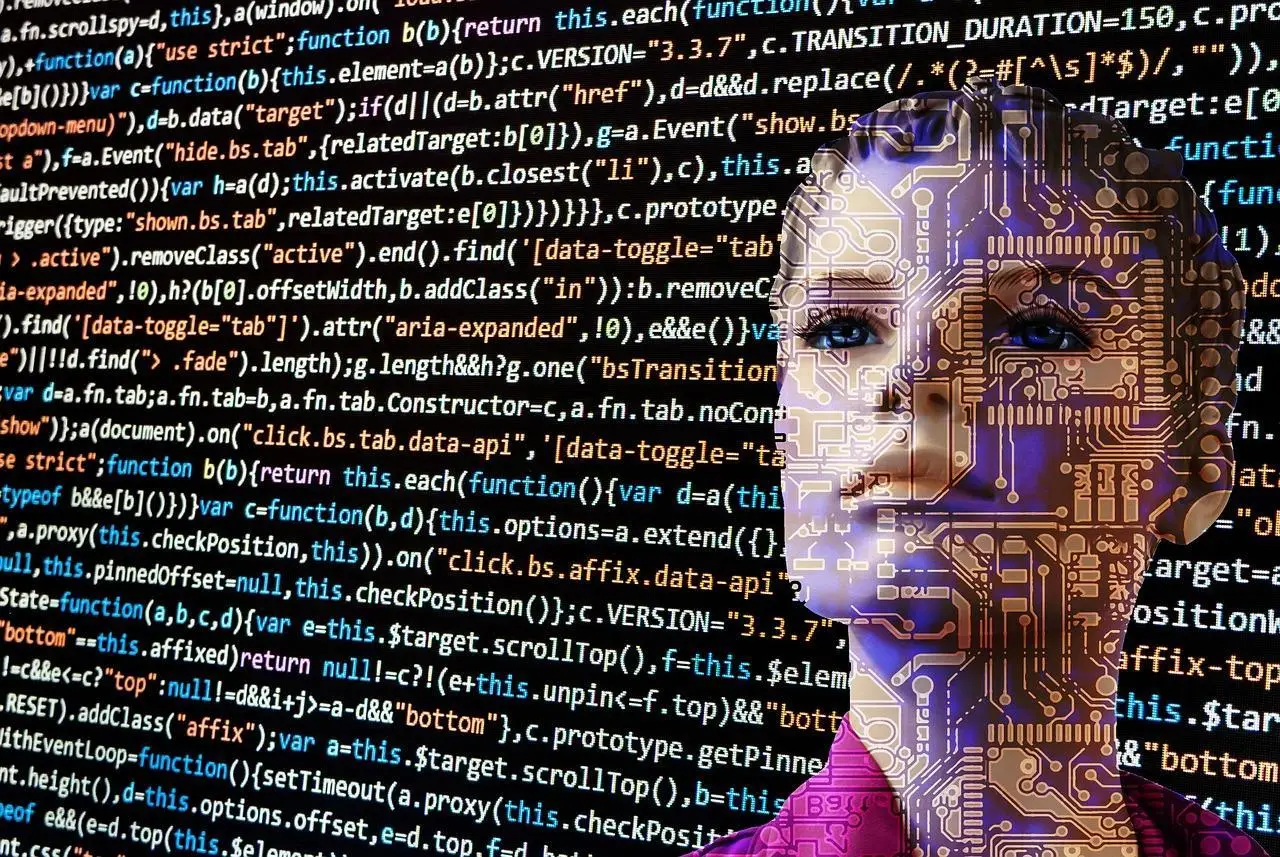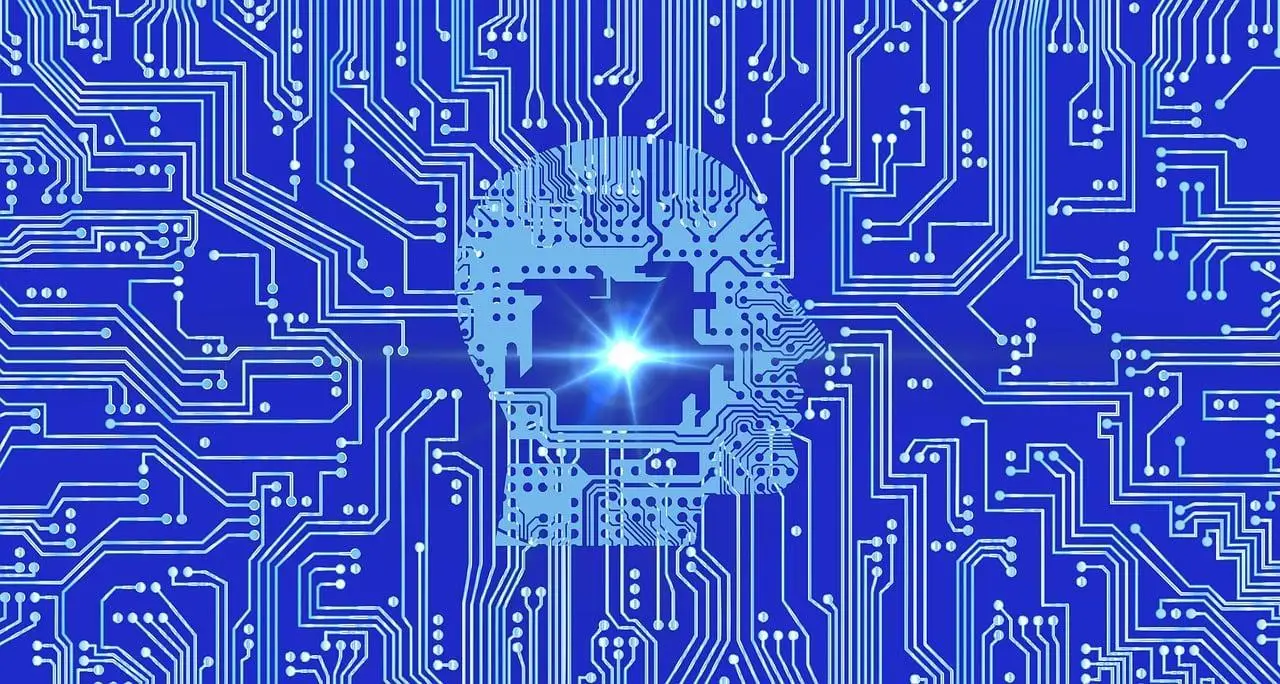An In-depth Look into the Ethical Implications of AI and Machine Learning in Web Development
Artificial Intelligence (AI) and machine learning have significantly transformed web development landscapes, leading to innovative applications and enhanced user experiences. From chatbots that provide instant customer support to algorithms that analyze user data for personalized content suggestions, these technologies are reshaping how users interact with websites. However, as AI and machine learning continue to evolve, it is essential to consider the ethical implications of their implementation. This article aims to explore various ethical facets associated with AI and machine learning in web development, providing general insights into best practices for developers and stakeholders alike.
The Core Concepts: AI and Machine Learning in Focus
Artificial Intelligence refers to the simulation of human intelligence processes by machines, particularly computer systems. Machine learning, a subset of AI, involves the development of algorithms that enable computers to learn from and make predictions based on data. In web development, these technologies play a key role in enhancing user experience, automating repetitive tasks, and facilitating data analysis to create personalized user interactions.
Enhancing User Experience
AI and machine learning contribute significantly to user experience by adapting content and functionalities in real-time. For example, e-commerce platforms utilize machine learning algorithms to recommend products based on previous purchases, resulting in improved customer satisfaction and higher conversion rates.
Automating Tasks
The automation of mundane tasks is another notable application of these technologies in web development. Automated testing, for instance, accelerates the development process while maintaining high-quality standards. Developers can focus on more complex challenges, significantly expediting product delivery.
Data Analysis and Personalization
Personalization is paramount in retaining users and increasing engagement. AI algorithms can analyze vast amounts of data to identify user preferences and behaviors, enabling web developers to tailor experiences that resonate with individual users.
Understanding the Importance of Ethics in Technology
Ethics in technology refers to the principles and values that guide behavior and decision-making within the tech industry. As AI and machine learning become integral to web development, the ethical considerations surrounding their use become increasingly significant. Historically, the tech industry has faced various ethical challenges, ranging from data privacy concerns to issues of algorithmic bias. Understanding these principles is crucial for creating responsible and impactful technologies.
Navigation Through Ethical Considerations in AI-Driven Web Development
Data Privacy and Security
Ensuring data privacy and security remains a top ethical concern in web development powered by AI and machine learning.
-
User Consent and Data Collection Practices: Web developers should prioritize obtaining informed consent from users before collecting their data. Transparent practices not only foster trust but also comply with legal frameworks, such as GDPR.
-
Protection Against Data Breaches: With the rise of sophisticated cyber threats, robust security measures are essential to safeguard user data. Developers need to implement state-of-the-art encryption and security protocols.
Transparency and Accountability
As AI systems increasingly influence decision-making processes, transparency and accountability become critical.
-
Understanding AI Decision-Making Processes: Developers should strive for clarity in how AI systems make decisions. This transparency aids users in understanding how their data is being utilized.
-
Responsibility for AI Actions and Outcomes: Establishing clear lines of responsibility is necessary to ensure that AI-driven outcomes are ethically sound and do not perpetuate harm.
Addressing Bias and Discrimination
Bias in AI algorithms can result in discriminatory practices, which poses a severe ethical dilemma.
-
Data Bias and Its Implications: Data used to train AI systems can reflect societal biases. Developers must be vigilant in recognizing and mitigating these biases to foster equality.
-
Preventing Algorithmic Discrimination: Continuous auditing of algorithms is essential to prevent discrimination and promote fairness within AI applications.
Upholding User Autonomy and Control
Maintaining user autonomy is essential in web development.
-
Balancing Automation and User Empowerment: While automation can enhance efficiency, it should not inhibit user control or choice.
-
Ensuring User Choice and Agency: Developers should provide users with options to tailor their experiences, affirming their autonomy in an increasingly automated world.
General Insights into Best Practices for Ethical AI and Machine Learning
Implementing ethical frameworks is paramount in navigating the complexities of AI and machine learning in web development.
Crafting Ethical Guidelines
Developers should establish ethical guidelines tailored for AI usage. These guidelines should promote fairness and reliability, ensuring that ethical considerations are integral to the development process.
Engaging Stakeholders
Engaging stakeholders is critical. This process helps gather diverse perspectives, which can shape more inclusive and ethical technology solutions. Building communities that emphasize ethical practices can facilitate this important dialogue.
Commitment to Continuous Monitoring
The landscape of AI and machine learning is rapidly evolving; therefore, continuous monitoring and improvement of ethical practices are vital. Establishing metrics for ethical evaluation and adapting practices based on feedback can ensure that organizations remain accountable.
Learning from Real-World Case Studies
Studying real-world applications of AI and machine learning can provide valuable insights into ethical practices.
Positive Examples
Organizations that have successfully implemented ethical AI practices serve as positive examples. For instance, some companies actively promote diversity in AI training datasets, showcasing the commitment to preventing algorithmic bias.
Lessons from Failures
Conversely, notable failures in AI ethics can reveal crucial lessons. The backlash against biased AI implementations in hiring processes has led to industry-wide discussions on the necessity of ethics in AI, prompting better practices moving forward.
Moving Forward with Ethical Foundations in Technology
As the integration of AI and machine learning becomes more prominent across web development, embracing ethical considerations is paramount. A thoughtful approach towards the development and deployment of these technologies not only fosters trust with users but also sets the stage for responsible innovation. By prioritizing ethics and integrating general insights into best practices, developers and organizations can create technology that aligns with societal values and promotes equity. The commitment to ethical practices will play a vital role in shaping the future landscape of web development and technology as a whole, ensuring advancements are made with integrity and accountability.











